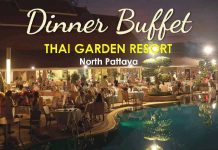Nakhon Sawan is often historically referred to as ‘Pak Nam Pho’, where the Ping, Wang, Yom, and Nan Rivers converge and form the Chao Phraya River, the most important waterway in Thailand. This ensures that water plays a major role in Nakhon Sawan’s present-day self and is a natural wonder full of attractions.
It is regarded as Thailand’s ‘Gateway to the North’ and a transportation hub for the Lower Northern part of the Kingdom.
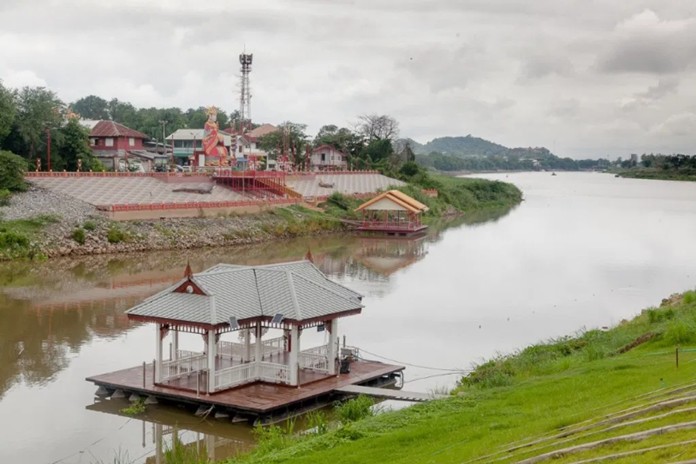
The convergence of all the rivers joins together at the dam at Pak Nam Bohi. The point where they meet is clearly delineated by the distinct colours of two of them: The Nan River runs red while the Ping River runs blue-green. Visitors are encouraged to rent a boat to travel and experience the numerous and exceptionally beautiful sights and many places of interest along the rivers.
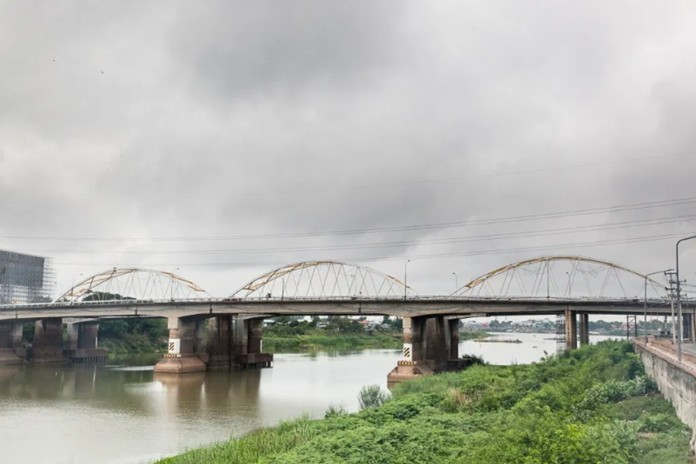
Dechatiwong Bridge was built in 1942, during World War Two and now has become one of the most important bridges of Thailand. It connects Thailand’s Central Plains with its northern neighbour and played a pivotal role that phased out boats as the country’s primary mode of transportation. The bridge gets its name from Major Mom Krom Luang Dechatiwong, the lucky person in charge of Thailand’s highways during the period of construction.
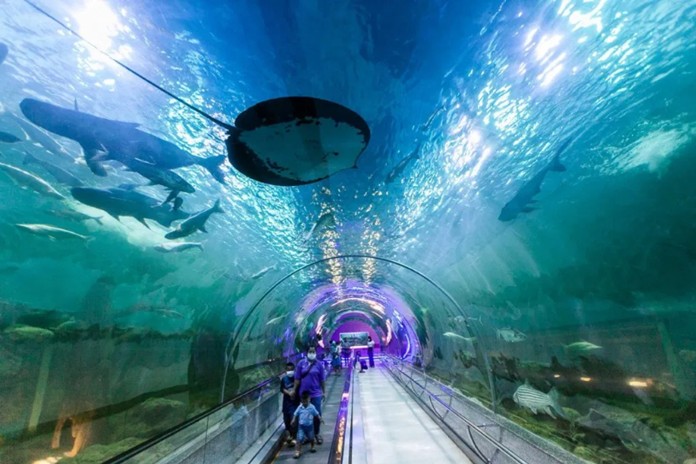
His Majesty the King’s 80th Birthday Anniversary Bueng Boraphet Aquarium is dedicated to Thailand’s beloved monarch, His Majesty King Bhumibol Adulyadej The Great, and was established on 5 December, 2007. The building is in the shape of a boat after those that carried goods along the Chao Phraya River in the past.
The Aquarium exhibits over 100 kinds of fish and includes a 105-metre giant tunnel of fresh-water fish; such as, giant freshwater whipray, Mekong giant catfish, giant feather back, black giant gourami, red-eyed white striped catfish, Java barb, tinfoil barb, Apollo shark, and Boese man croaker to name but a few.
If that is not enough, fish aficionados can check out another 24-metre tunnel housing numerous rare and beautiful fish including Redtail tin foil fish, Siamese giant carp, barbonymusaltus, and redfin sharks. At the touch pool, kids can get up close and personal with marine animals and experience brown banded bamboo sharks and sea urchins.
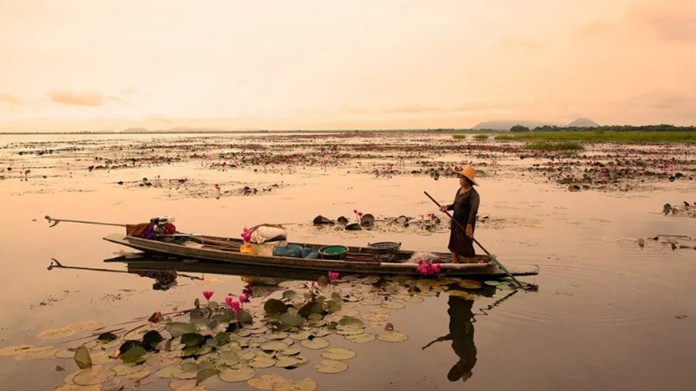
The Aquarium forms part of the Bueng Boraphet Inland Fisheries Park. It was established in 1948 and covers nearly 50,000 acres in three districts with nearly 150 species of animals, including the white-eyed river-martin and tiger perch, plus playing host of migratory waterfowl appearing annually from November to March. The integrated development is run by the Inland Fisheries Department, with private sector players also invited to operate related activities near the Park’s perimeter, including a large underwater aquarium.
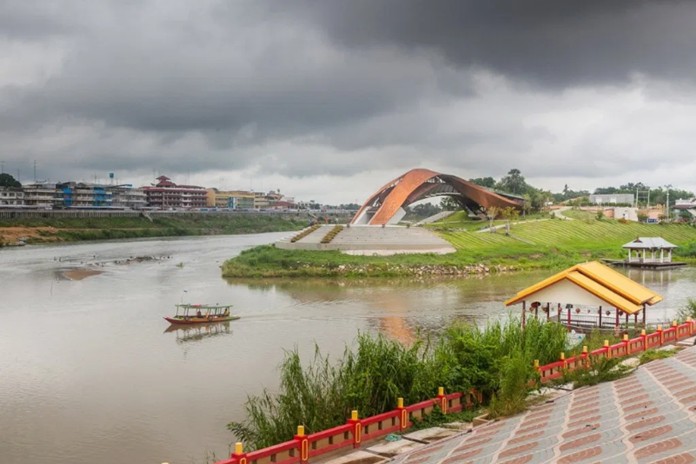
Another must-see attraction is Pasan. Designed to symbolise how four of the country’s greatest rivers – the Ping, Wang, Yom, and Nan – merge into Chao Phraya River. “Pasan” comes from the Thai word meaning “to merge,” which is the perfect term for this meeting place where both rivers and people can converge.
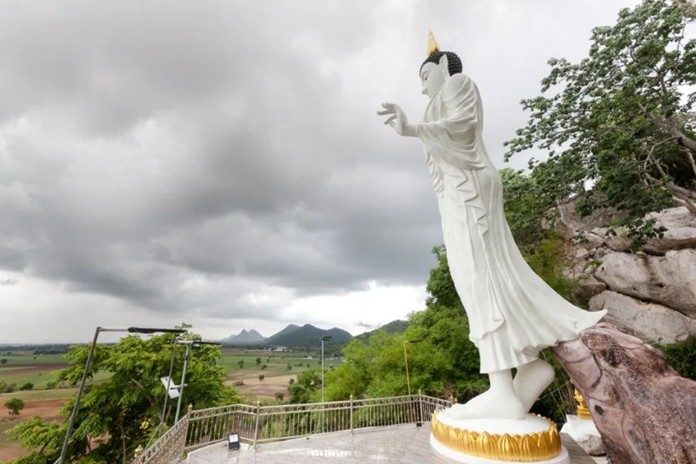
Moving away from the water, Khao Tham Phra offers beautiful views of Amphoe Krok Phra and the surrounding areas that can be seen from the peak of this mountain, which is also home to a dramatic cave. Stalactites and stalagmites grow and drip from the cave floors and ceilings; Buddha images adorn the site. During the annual Songkran water festival, locals pay respect to the statues by climbing 100 steps up the hill with offerings of flowers, candles, and incense.
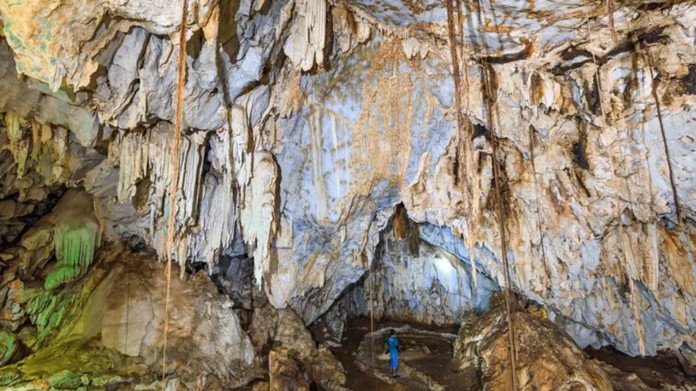
Tham Phet-Tham Thong National Park also offers picturesque scenery of forests and limestone mountains. There are also natural trails and more than 70 limestone caves. The most famous is Dawadueng Cave that can hold up to 500 people inside due to its massive size before social distancing. Another cave of interest is Phrakai Phet Cave, which has five big rooms along with stalagmites and stalactites of different shapes, while Phradap Phet Cave offers dramatic contrasts of dark brown and light brown with white stalagmites and stalactites notable for their sparkly finish.
Nakhon Sawan’s historic past is also of interest and on full display at the Luangpho Dam Buddhist Monument, Khok Mai Den Ancient City, Cultural Centre of Nakhon Sawan, and the Wesalee Ancient City. Living temple ruins also showcase Nakhon Sawan’s unique historical importance to Thailand. While too numerous to list all, Wat Nakhon Sawan, Wat Kei Chai Nhua, Wat Khao Din Tai, Wat Phra Prang Lueng, Wat Pa Siri WattanaWisut, Wat Si Sawan Sangkharam, Wat WoranatBanphot, Wat Chom Khiri NakPhrot, Wat Kho Hong, Wat Bang Mafo, Wat KriangkraiKlang, and Wat Tham Porn Sawan are just some that are worthy of a visit.
 |
 |
 |




